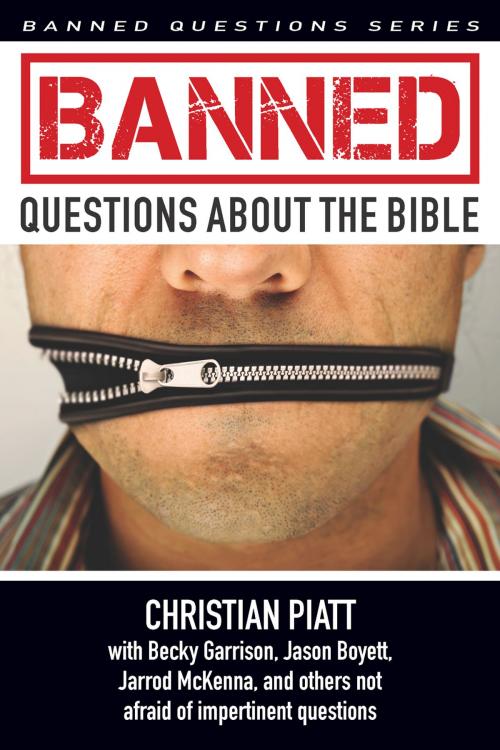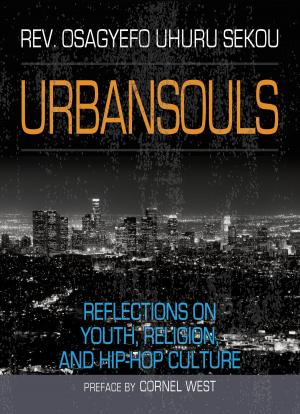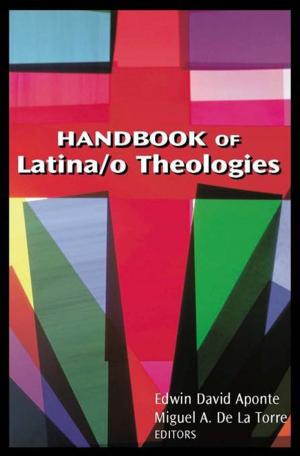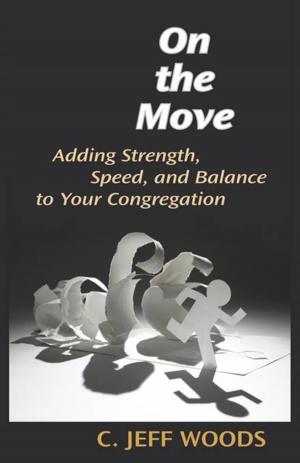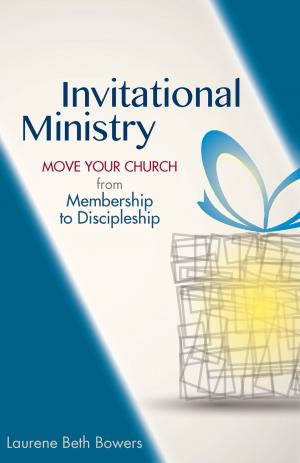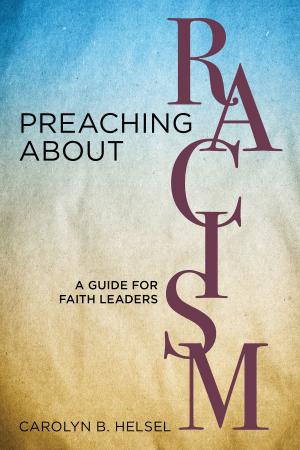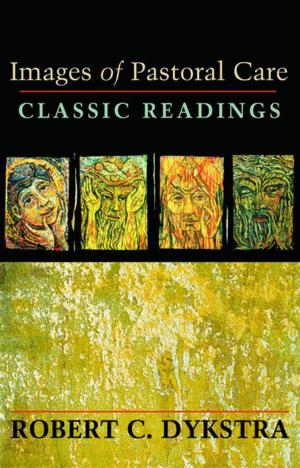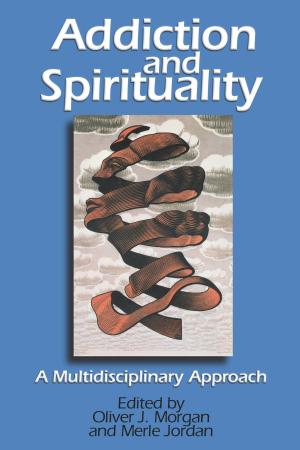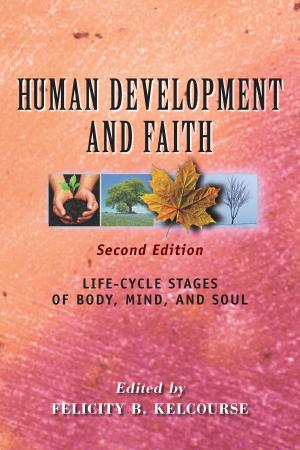Banned Questions about the Bible
Nonfiction, Religion & Spirituality, Bible & Bible Studies, Criticism & Interpretation, Christianity, Christian Life| Author: | Christian Piatt | ISBN: | 9780827202474 |
| Publisher: | Chalice Press | Publication: | April 4, 2011 |
| Imprint: | Chalice Press | Language: | English |
| Author: | Christian Piatt |
| ISBN: | 9780827202474 |
| Publisher: | Chalice Press |
| Publication: | April 4, 2011 |
| Imprint: | Chalice Press |
| Language: | English |
Where did Adam and Eve's kids find spouses? Does God justify violence in scripture? Does the Bible call for sexual purity? (and what qualifies as pure and impure?) Ever get the feeling that you can't ask those kinds of questions at church? But if we can't ask the tough, keep-you-awake-at-night questions within our faith communities, then what good are those communities? Listen in as more than a dozen contributors-whose ranks include a recovering consumer, a religious satirist, and a seminary president-discuss the questions your Sunday school teachers were afraid to answer. From Christian Piatt: "When I was a teenager, my youth minister threw a bible at my head for asking questions. Too often, for various reasons, people don't have the opportunity to ask the hard questions they have about faith, religion, salvation and the bible. And when questions are left unanswered in communities of faith, people either seek answers elsewhere or lose interest all together. "The purpose of the series is to collect the most compelling and challenging questions from various theological areas and pose them to a panel of "experts" who are challenged with responding in two hundred words or less in plain English. This volume addresses challenging or controversial questions about scripture collected from people on Facebook, MySpace, Twitter and other social networking media. "Respondents include theology professors, clergy, lay leaders, liberals, conservatives and voices representing a spectrum of views. The idea behind the books is not so much to provide definitive answers as it is to stimulate thought, reflection and discussion. By offering multiple perspectives, readers have the opportunity to arrive at their own questions. Better, they come to understand that questioning faith is not taboo, but rather that it can be at the foundation of a strong and growing faith. "The directive given to each respondent guided them to be concise and to speak in plan language, but also not to rely exclusively on "the Bible says it" justifications, or to wax abstract or overly intellectual. Instead, they write from personal experience as much as possible, and provide real-life contexts that will allow the average seeker or churchgoer to apply such ideas to their daily lives."
Where did Adam and Eve's kids find spouses? Does God justify violence in scripture? Does the Bible call for sexual purity? (and what qualifies as pure and impure?) Ever get the feeling that you can't ask those kinds of questions at church? But if we can't ask the tough, keep-you-awake-at-night questions within our faith communities, then what good are those communities? Listen in as more than a dozen contributors-whose ranks include a recovering consumer, a religious satirist, and a seminary president-discuss the questions your Sunday school teachers were afraid to answer. From Christian Piatt: "When I was a teenager, my youth minister threw a bible at my head for asking questions. Too often, for various reasons, people don't have the opportunity to ask the hard questions they have about faith, religion, salvation and the bible. And when questions are left unanswered in communities of faith, people either seek answers elsewhere or lose interest all together. "The purpose of the series is to collect the most compelling and challenging questions from various theological areas and pose them to a panel of "experts" who are challenged with responding in two hundred words or less in plain English. This volume addresses challenging or controversial questions about scripture collected from people on Facebook, MySpace, Twitter and other social networking media. "Respondents include theology professors, clergy, lay leaders, liberals, conservatives and voices representing a spectrum of views. The idea behind the books is not so much to provide definitive answers as it is to stimulate thought, reflection and discussion. By offering multiple perspectives, readers have the opportunity to arrive at their own questions. Better, they come to understand that questioning faith is not taboo, but rather that it can be at the foundation of a strong and growing faith. "The directive given to each respondent guided them to be concise and to speak in plan language, but also not to rely exclusively on "the Bible says it" justifications, or to wax abstract or overly intellectual. Instead, they write from personal experience as much as possible, and provide real-life contexts that will allow the average seeker or churchgoer to apply such ideas to their daily lives."
